French voters are heading to the polls for a decisive parliamentary run-off election that could see the far right become the largest bloc in parliament for the first time.
Voting commenced at 8 a.m. (06:00 GMT) on Sunday and will conclude between 6 p.m. (16:00 GMT) in rural areas and 8 p.m. (18:00 GMT) in major cities. Approximately 30,000 police officers, including 5,000 in Paris, were deployed nationwide ahead of the election.
By midday Sunday, voter turnout for the second round stood at 26.63 percent, higher than the first round and the highest for a run-off since 1981.
The election could result in France’s first far-right government since the Nazi occupation during World War II if the National Rally (RN) and its 28-year-old leader Jordan Bardella secure victory.
The National Rally led in the first round of voting, followed by a coalition of centre-left, hard-left, and Green parties. President Emmanuel Macron’s centrist alliance finished third.
“More than 200 centrist and left-wing candidates have withdrawn to improve the chances of defeating the far right. This is what they call a republican front in France,” reported Al Jazeera’s Step Vaessen from Paris.
“The success of this republican front will be the key question today,” Vaessen added.
Macron called the snap elections three years early after his alliance was heavily defeated in June’s European Parliament elections, a move many observers view as a gamble that backfired.
Many French citizens are puzzled by Macron’s decision to hold an election he was not obligated to, which could result in the RN doubling its parliamentary seats and the centrist MPs’ numbers being halved.
Possibility of a Hung Parliament
Despite the potential for a hung parliament, Macron appears committed to clarifying French politics, aiming to establish three clear political camps: the far right, the center, and the hard left.
The New Popular Front (NFP), a coalition of left-wing parties led by Jean-Luc Melenchon, is projected to secure second place, with Macron’s Ensemble (Together) alliance expected to finish third.
Opinion polls predict a victory for the RN and its allies.
To achieve an outright majority, the far right needs 289 seats in the 577-seat National Assembly. While it remains uncertain if they will reach this threshold, they are anticipated to become the largest party in parliament.
If no party wins a clear majority, resulting in a hung parliament, Macron may pursue coalition negotiations with the center-left or appoint a non-affiliated government.
The left bloc opposes Macron’s pro-business policies. Macron has stated he will remain president until his term ends in 2027, regardless of the outcome.
Initial polling projections are expected on Sunday night, with early official results likely late Sunday or early Monday.
Campaign Marred by Racism and Anti-Semitism
Over 49 million people are registered to vote in these elections, which will determine the composition of the National Assembly, France’s influential lower house of parliament.
The campaign has been marred by racism, anti-Semitism, Russian cyber-attacks, and reports of over 50 candidates being physically attacked, an unusual occurrence in France.
The heightened tensions coincide with a significant summer for France: Paris is preparing to host the Olympic Games, the national football team reached the semifinals of the Euro 2024 championship, and the Tour de France is ongoing alongside the Olympic torch relay.
Voters in the Americas and France’s overseas territories, including Saint-Pierre-et-Miquelon, Saint-Barthelemy, Saint-Martin, Guadeloupe, Martinique, Guyana, and French Polynesia, cast their votes on Saturday.

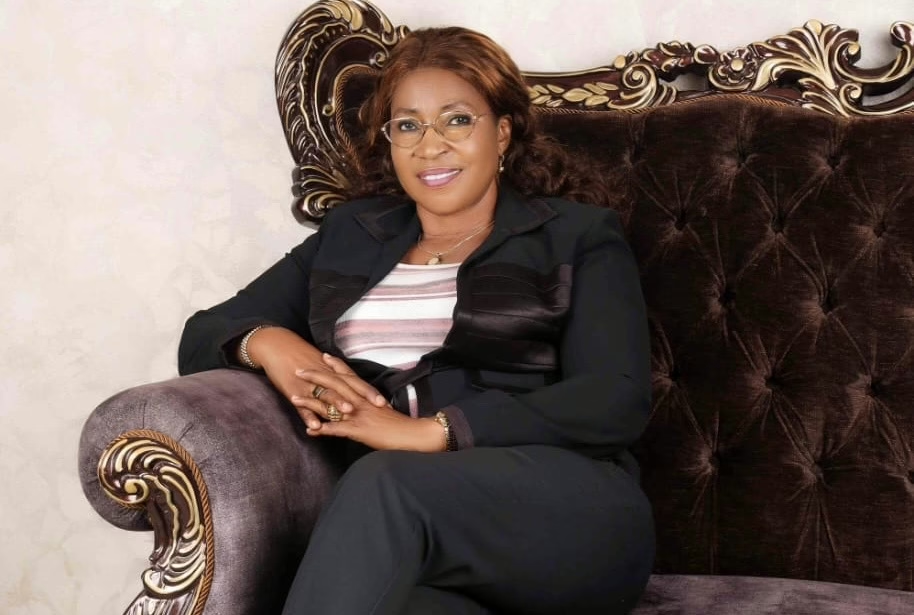

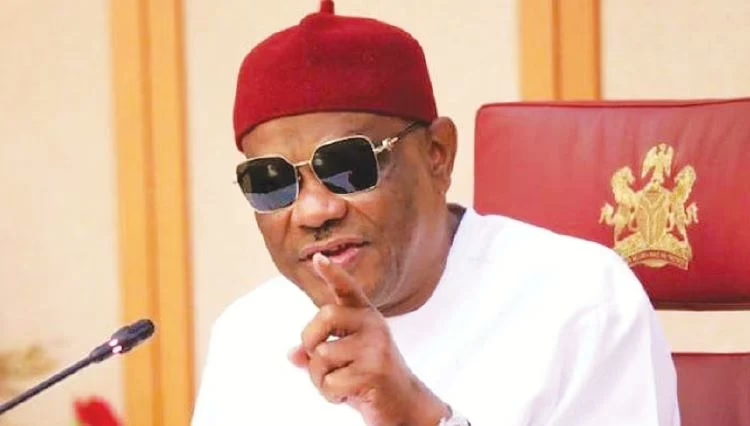
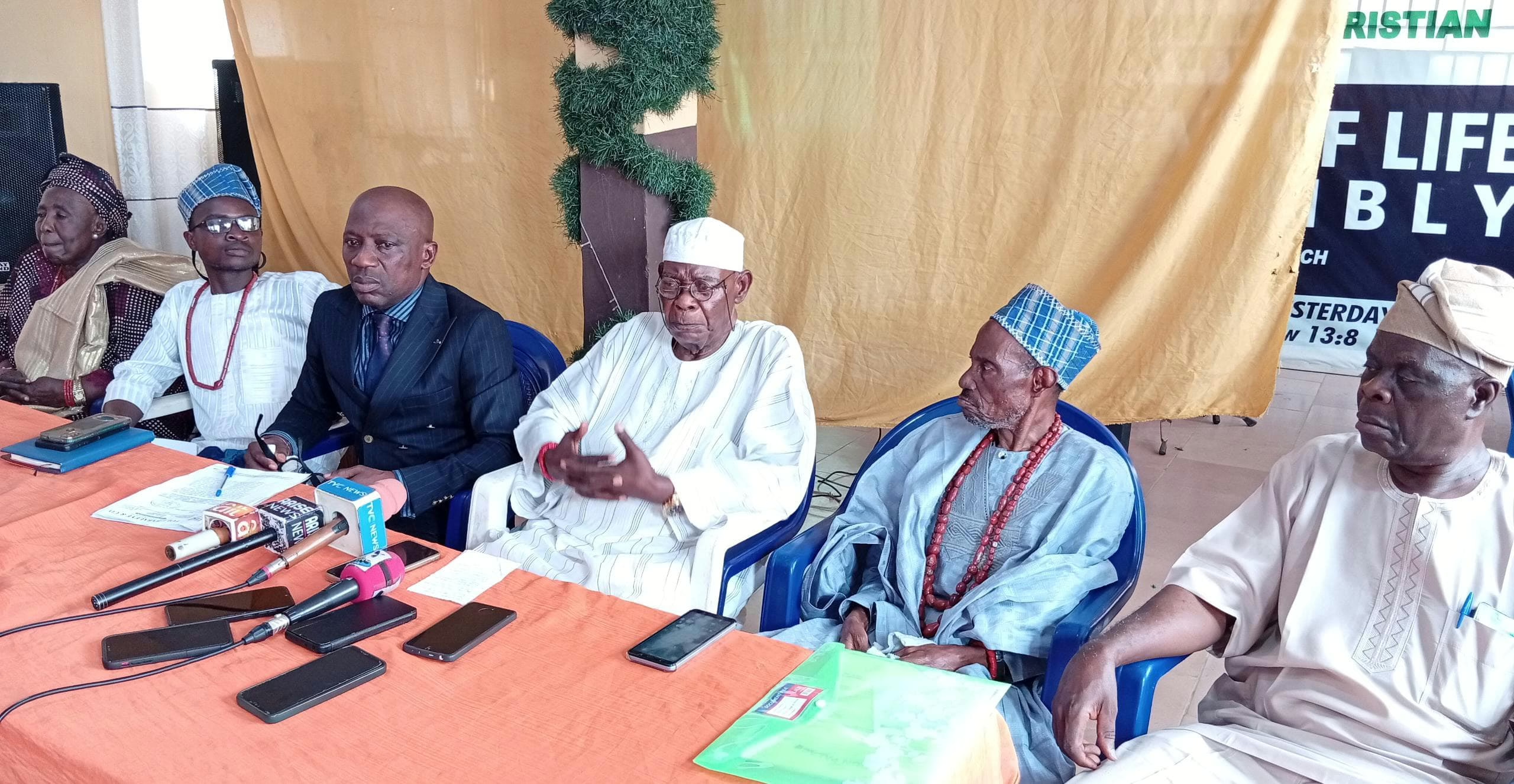
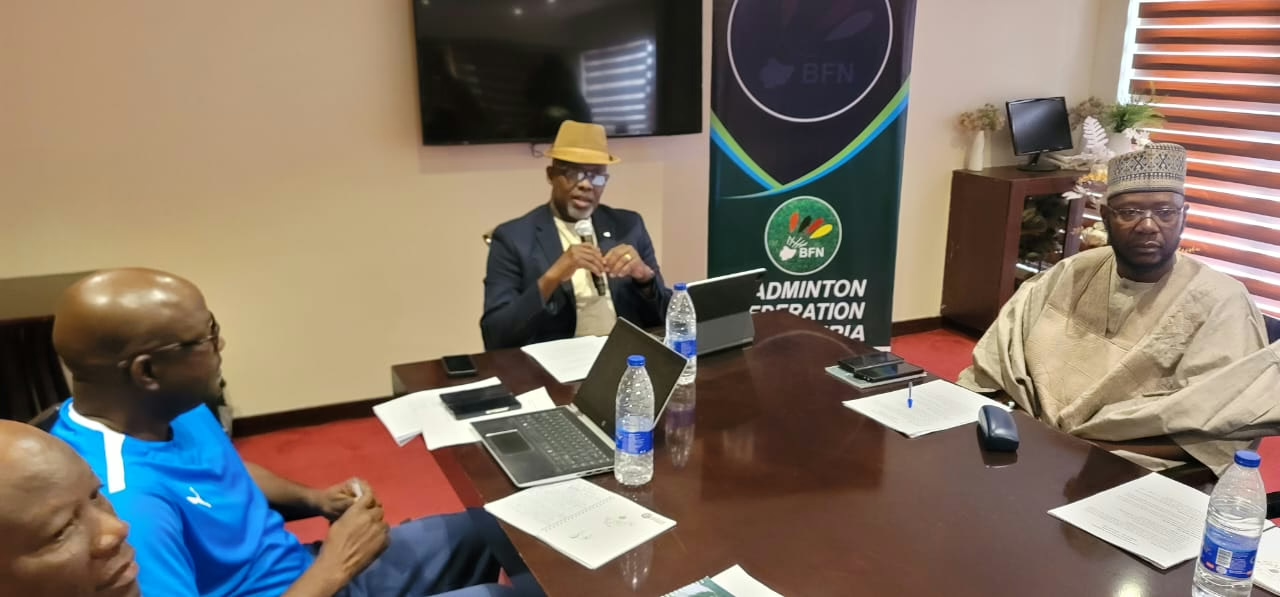
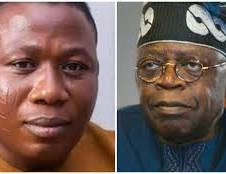
Leave a Reply